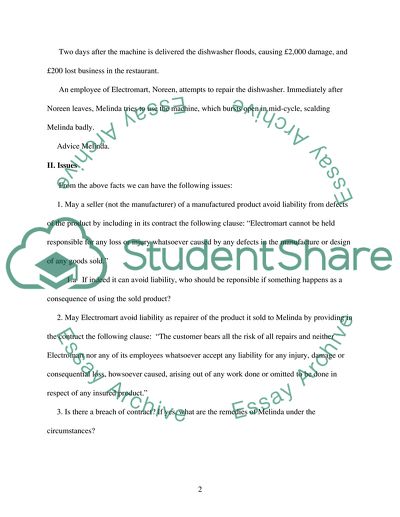Cite this document
(“Contract law assignment Essay Example | Topics and Well Written Essays - 2250 words”, n.d.)
Contract law assignment Essay Example | Topics and Well Written Essays - 2250 words. Retrieved from https://studentshare.org/miscellaneous/1536317-contract-law-assignment
Contract law assignment Essay Example | Topics and Well Written Essays - 2250 words. Retrieved from https://studentshare.org/miscellaneous/1536317-contract-law-assignment
(Contract Law Assignment Essay Example | Topics and Well Written Essays - 2250 Words)
Contract Law Assignment Essay Example | Topics and Well Written Essays - 2250 Words. https://studentshare.org/miscellaneous/1536317-contract-law-assignment.
Contract Law Assignment Essay Example | Topics and Well Written Essays - 2250 Words. https://studentshare.org/miscellaneous/1536317-contract-law-assignment.
“Contract Law Assignment Essay Example | Topics and Well Written Essays - 2250 Words”, n.d. https://studentshare.org/miscellaneous/1536317-contract-law-assignment.


